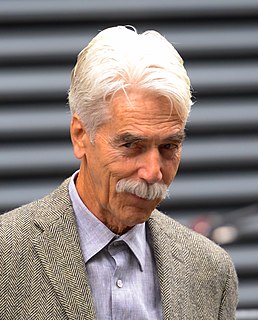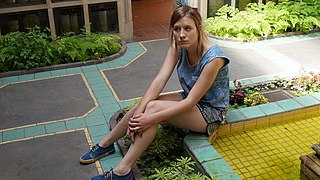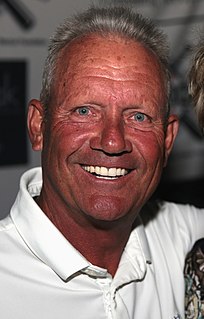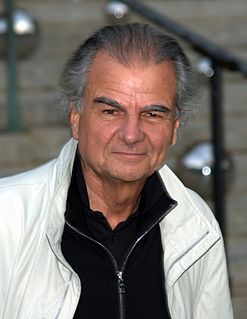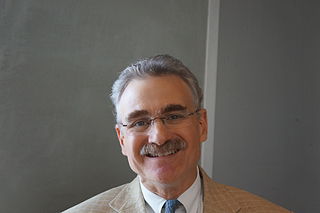A Quote by Arthur C. Clarke
There's a passage about 'rivers of molten rock that wound their way... until they cooled and lay like twisted dragon-shapes vomited from the tormented earth.' That's a perfect description: how did Tolkien know, a quarter century before anyone ever saw a picture of Io? Talk about Nature imitating Art.
Related Quotes
A terrible premonition washed over me. This was how the whole world would end.... They would devour the forest and excrete piles of buildings made of stone wrenched from the earth or from dead trees. They would hammer paths of bare stone between their dwellings, and dirty the rivers and subdue the land until it could recall only the will of man. They could not stop themselves from doing what they did. They did not see what they did, and even if they saw, they did not know how to stop. They no longer knew what was enough.
The real thing about evil," said the Witch at the doorway, "isn't any of what you said. You figure out one side of it - the human side, say - and the eternal side goes into shadow. Or vice versa. It's like the old saw: What does a dragon in its shell look like? Well no one can ever tell, for as soon as you break the shell to see, the dragon is no longer in its shell. The real disaster of this inquiry is that it is the nature of evil to be secret.
The thing about writing or making art is that I'm not thinking about that stuff while I'm doing it. Like the driver's ed kid, in retrospect I see that that was meaningful, and I felt close to him in that way, but at the time I just thought it was fun to draw, and that's all it was. I think that's what's weird about life and about making art. You have to talk about it later. I guess I should be prepared to talk about it now. That is why I'm here. But again, pass.
He said I couldn't do (off the field) what I did when I was 23 or 24, and I paid attention to him. Damn it, I got a trainer and went to spring training in the best shape of my career and in 1985 had the best season I ever had and we won the World Series. Before that, I didn't know how long I was going to play. That talk with Mr. Fogelman was the most inspiring talk I ever had with anyone.
Filmmaking materials are in the hands of more people now than ever before. I would like to think that the more people have these tools, the more people will learn how to use them, it's another argument I would argue for, personally, for art's education. Because there are kids who aren't that literate in screen language and they've got to know how people select shots, how people edit audio, how people combine things to make what they see on the screen. It would be like the 15th century or the 16th century in Germany, and somebody amends a printing press and you don't know how to read and write.

